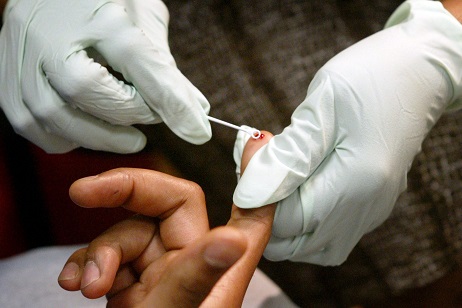Minors could be tested for HIV without parents’ knowledge

Georgian teenagers aged 14-18 might no longer need consent from a parent or legal representative to get tested for the Human Immunodeficiency Virus (HIV).
This change will be introduced if Georgia’s Parliament approves an amendment to the Law of Georgia on the Rights of Patient proposed by the Health Committee.
According to the same legislative initiative, parents or legal representatives will not necessarily be informed that the test had been performed on their teenage child. And if the test came back positive, meaning the minor did have the life-threatening virus, the Ministry of Health would be the authoritative body who decided whether to enforce confidentiality or to notify the patient’s parent(s).
Authors of the legislative project were Parliament Members Dimitri Khundadze and Mirian Tsiklauri. They said the change was necessary, as "existing legislative obstacles” currently meant some teenagers refused to get tested.
The existing law states all people under the age of 18 must have consent from a parent or legal represent before undergoing any kind of medical service, diagnosis included, is completed on the minor.
HIV is the virus that can develop into AIDS. HIV/AIDS weakens a person's immunity and their ability to fight infections. It is contracted through unprotected sex or through sharing of infected needles.
There is a test that can confirm HIV diagnosis. Medications are available to suppress the virus and delay the onset of AIDS.
 Tweet
Tweet  Share
Share